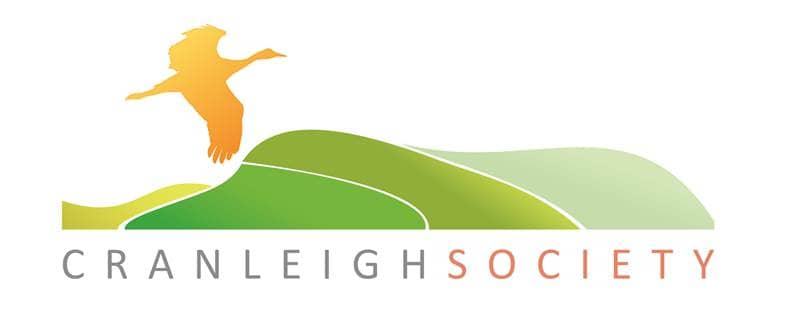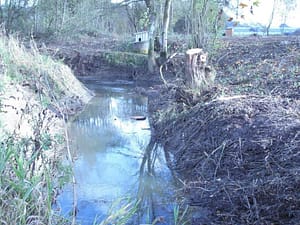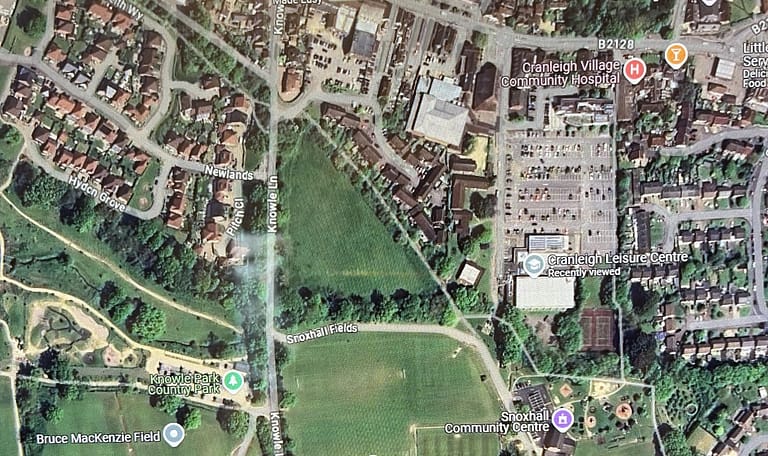Cranleigh’s rivers and waterways news
Riverfly populations respond to pollution which is why they need constant monitoring. Having good Riverfly levels back in 2017 only tells us that things were ok back then however the situation can change in an instant, which is why we do it. It is also a very useful tool to get people engaged with their local river and encourage them to get involved in other River activities.
Riverfly Training
As part of the Cranleigh Community Rivers Project, we are looking to train a group of citizen scientists to monitor the Riverfly life of Cranleigh’s waterways. The presence or absence of RiverFly nymphs, such as mayfly, can tell us how clean the water is and act as an early warning system to pollution incidents, of which Cranleigh suffers intermittently. The training starts with an introductory classroom session before heading out to the river to collect a sample which will be brought back to the classroom and the target species identified. Following the session volunteers will be equipped with a monitoring kit which they can use to take samples and improve their identification skills. Eventually, when volunteers are confident, we will focus on a handful of monitoring locations in Cranleigh to carry out regular monitoring. Please click the following link to fill out your availability to attend the training session.
Mass Water Sample
We are looking for volunteers to help us gather water samples over a single day from 20 set locations across Cranleigh’s waterways. The samples will then be sent off for laboratory testing to provide us with a snap shot of the current state of Cranleigh’s water quality and where issues are likely to be located. As well as collecting water samples we will also be taking Riverfly samples (where possible) at the sites so we can compare the instream biodiversity with the water quality results. Trained Riverfly volunteers will be brought in and teamed up with less experienced volunteers to help identify the river flies. If you would like to take part, please click the link below and fill out your availability.
We welcome more people to this outdoor rivers task group
Next meetings in the next 3 weeks.
Cranleigh Society is working with Surrey Wildlife Trust to create friendship task groups to help take care of our rivers and waterways. A small group of us have enjoyed 2 sessions in the evenings so far.
We discovered that there is a very natural and vibrant bluebell wood – Ashen Copse – with plenty of streams meandering through it, between the show ground and Cranleigh Golf club. Glen from Surrey Wildlife Trust (SWT) demonstrated how to examine samples of the water for tiny riverfly nymphs which was great fun. He also showed us how to identify the Himalayan Balsam – an annual, very tall and pretty, invasive species. This can be pulled out by the roots and left on the bank to rot, without flowering and then seeding. If the plants are very successful they stop perennial plants thriving which in turn leads to bank erosion. So whilst they are pretty they are a nuisance.
Our second trip was to Knowle Park where a group learned more about how to carry out the riverfly sampling. They got pretty wet but had fun too. In both cases the rivers seem to be pretty healthy at the moment which is great news.
Sorting out Polluters
The information is logged onto a database for SWT to examine. If they see falling numbers they will visit, carry out further sampling then find out why there is a dip, and get any polluters involved to sort the problem out.
At a meeting some of us learned about taking water samples which are then taken to a lab the same day and tested for pollutants. This helps with the sewage plant outflow information in particular.
In due course SWT will need the task force to help with Cranleigh wide water sampling and with restoring a stretch of the waterways near new housing.
Surrey Wildlife Trust are holding more events in Cranleigh – in July!


